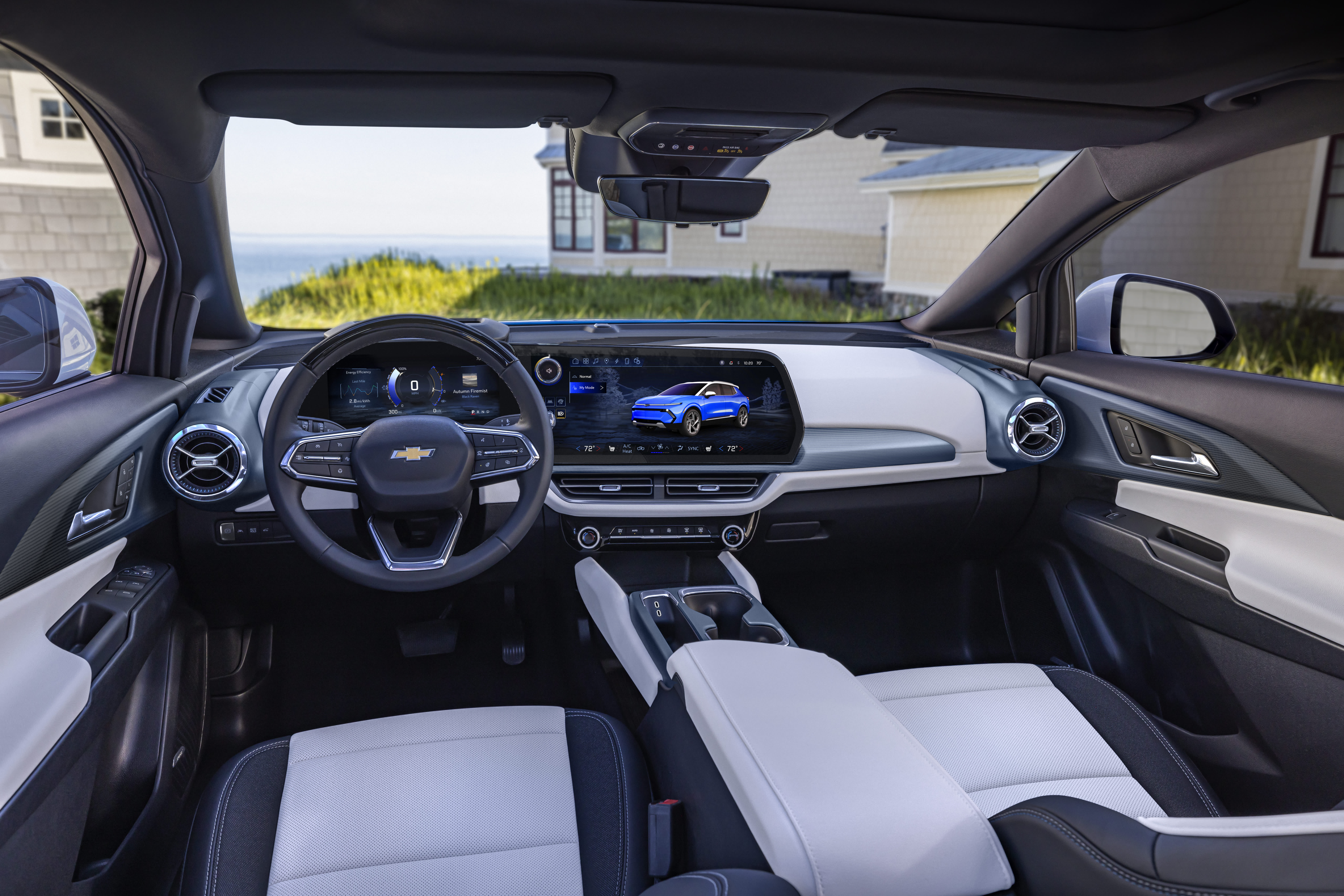- Quick Look at the 2020 Volkswagen Atlas Cross Sport | MotorTrend - March 13, 2024
- BMW Design – 2009 BMW Z4 – 2009 Detroit Auto Show - March 11, 2024
- Top 10 Car Features Women Love - October 7, 2023
Shares of Mobileye, Intel‘s self-driving subsidiary, were trading sharply lower on Thursday after the company cut its full-year forecast, citing weakness in China’s electric vehicle market.
Shares were down 20% in early trading on Thursday morning.
Mobileye provides chips, sensors and software for advanced driver-assist systems. CEO Amnon Shashua said on Thursday said that shipments of Mobileye’s most advanced system, called SuperVision, were likely to suffer amid “a number of headwinds” affecting EV sales in China.
Mobileye now expects its 2023 revenue to come in between $2.065 billion and $2.114 billion, with an operating loss between $166 million and $195 million for the year. In January, the company guided to revenue between $2.192 billion and $2.282 billion and an operating loss between $110 million and $160 million.
China’s EV market has been roiled by Tesla‘s recent aggressive price cuts and a reduction in government incentives for EV buyers. Mobileye counts Chinese EV makers Nio and Zeekr, a unit of Chinese automaker Geely, among its customers.
Nio CEO William Li told CNBC earlier this month that his company won’t cut its prices to follow Tesla.
But Shashua said the disruption to Mobileye’s deliveries was likely to be temporary, as more automakers doing business outside of China – including Polestar – will begin shipping vehicles with the SuperVision system later this year.
The cuts to guidance were announced as part of Mobileye’s first-quarter earnings report. Its revenue increased 16% from a year ago, to $458 million, while adjusted earnings per share of 14 cents fell from 16 cents in the year-ago period.





